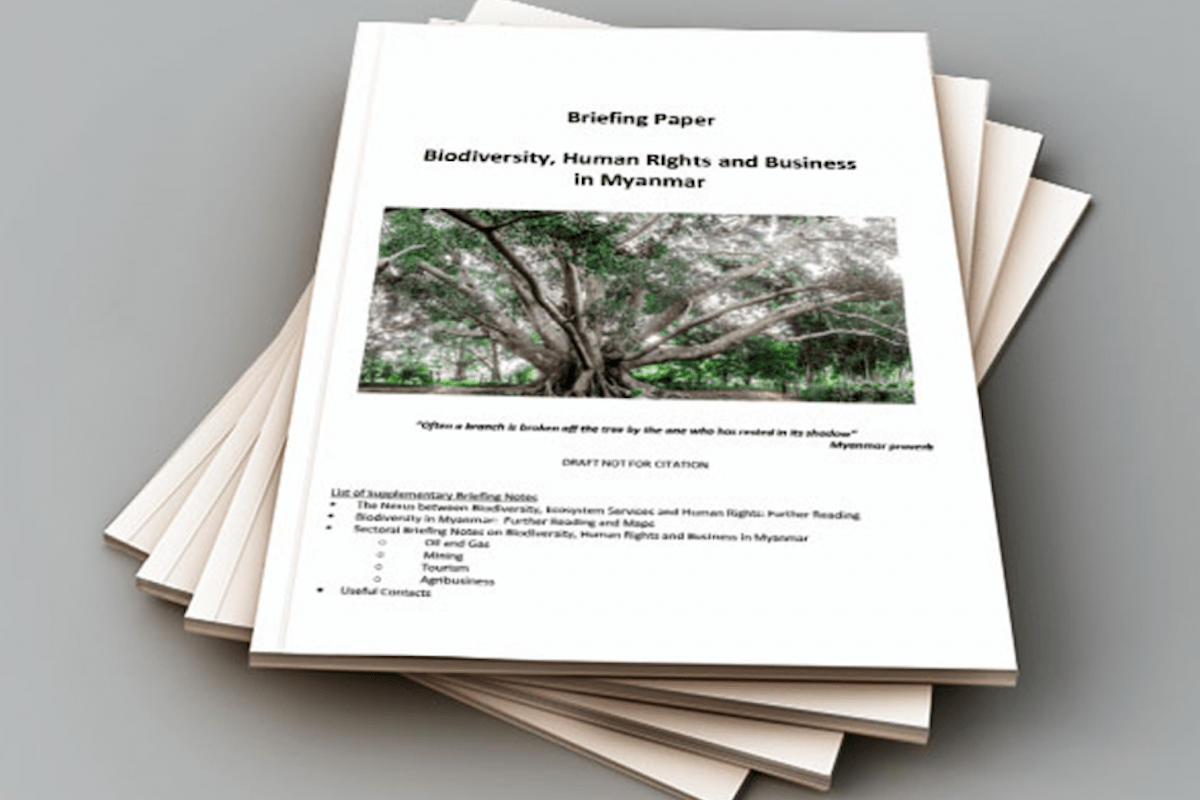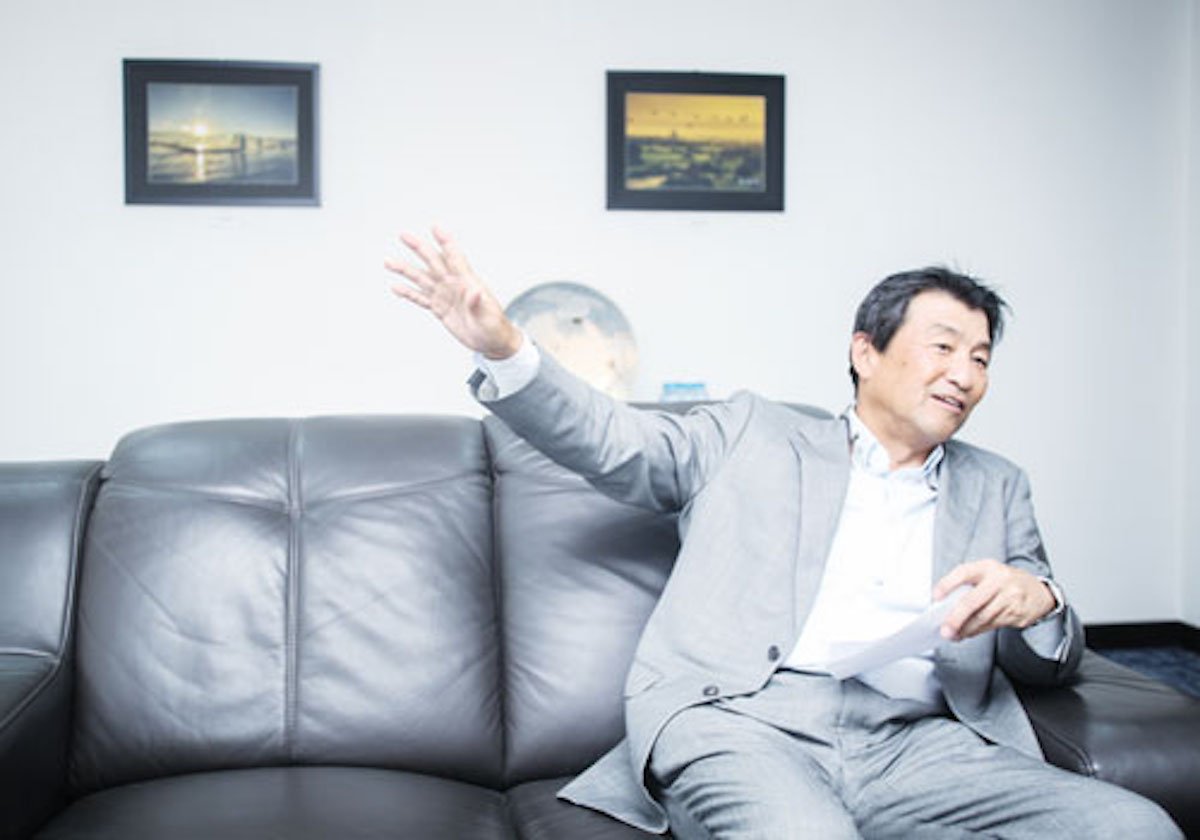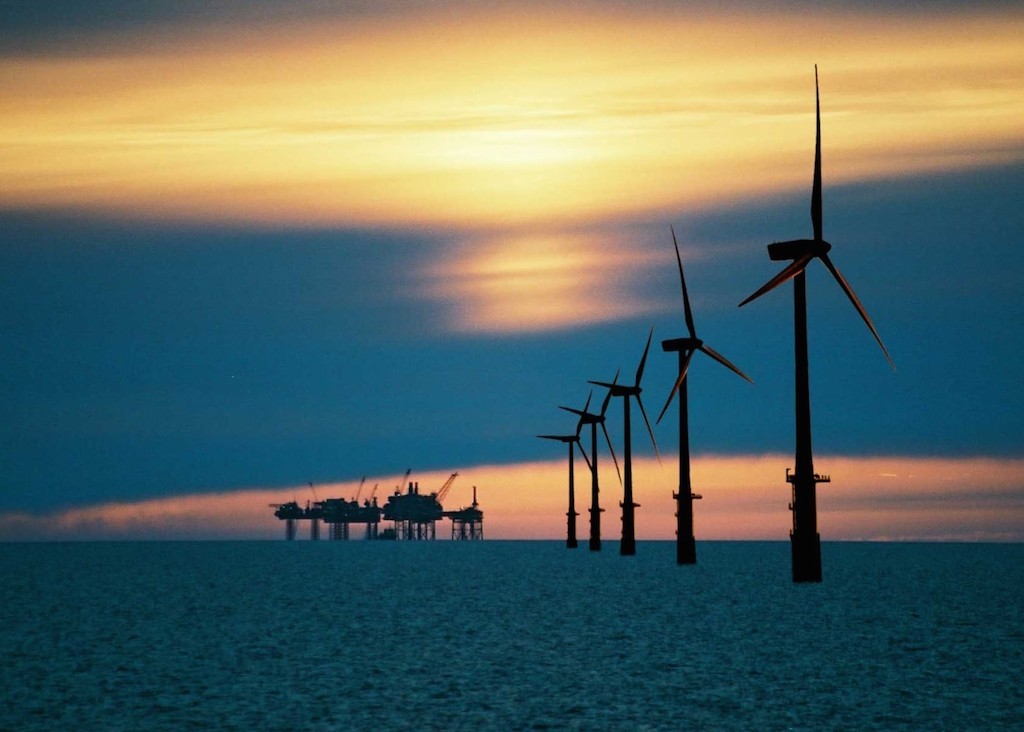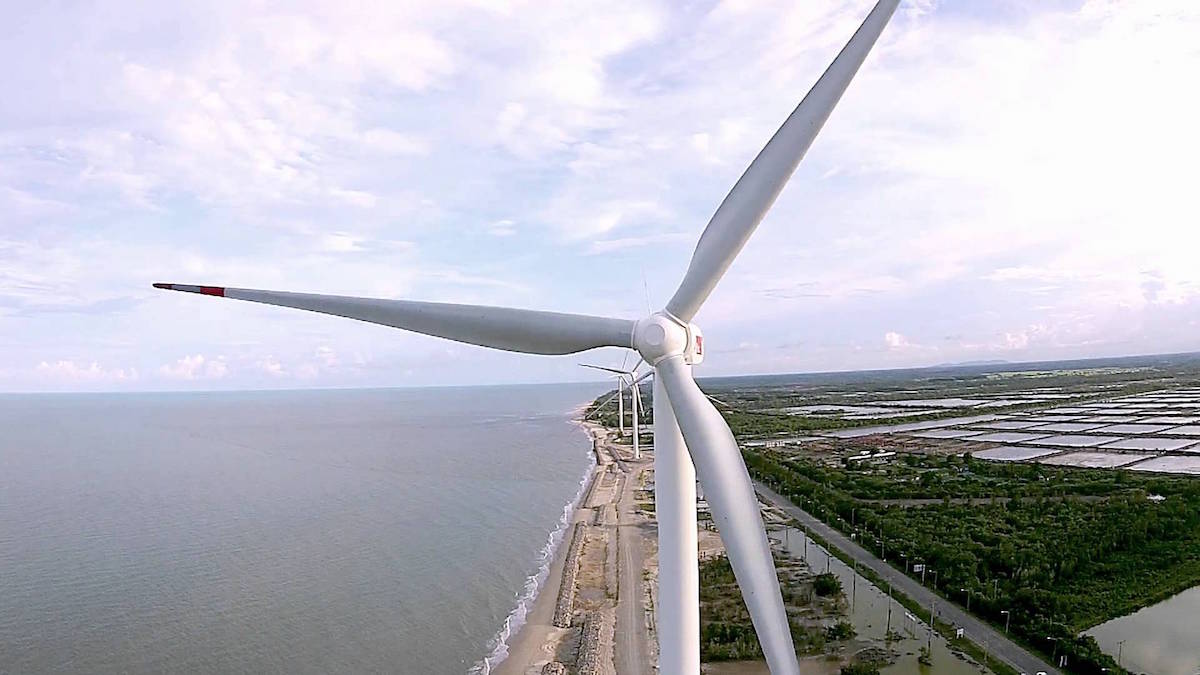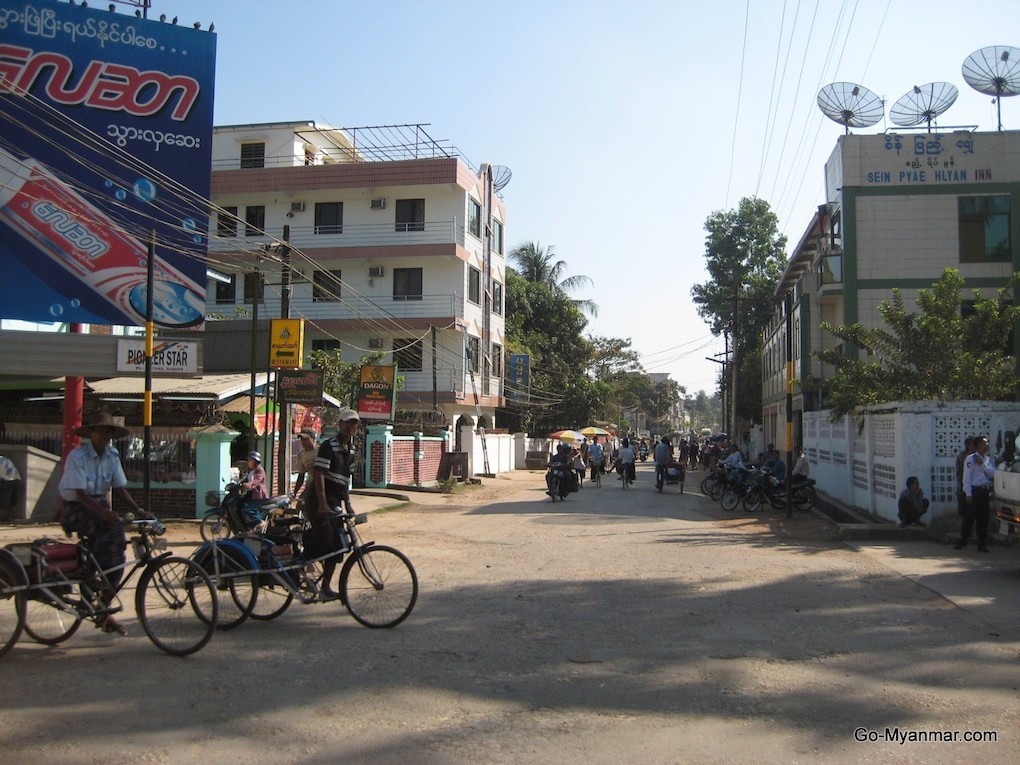Comments sought for briefing paper on biodiversity, human rights and business in Myanmar.
Tag: business
Japanese businesses express no interest in Dawei or Kyaukphyu SEZ
Interview with Katsuji Nakagawa from the Japan Chamber of Commerce and Industry in Myanmar: “…At least among JCCM members, we did not have any comments like ‘oh we want to support Dawei”.
China’s clean-energy giants on an overseas shopping spree
Chinese state-funded renewable energy firms are spreading the net overseas, as quality new projects become harder to come by at home, and have already been successful in snapping up some prime operational projects, while bidding for others, both in developed and emerging markets.
The two most active are China General Nuclear Power Group, the nation’s largest nuclear reactor developer, and China Three Gorges, the country’s biggest hydro power projects developer.
VN green energy gets strong tail wind
Việt Nam is hoping to boost its renewable energy production, especially wind and solar energy, to more than 10.7 per cent of total generation by 2030, up from the previously planned 6 per cent.
It plans to increase the rate to at least 7 per cent by 2020, up from the previous target of 4.5 per cent.
The country now relies heavily on electricity from coal and hydropower.
Investors buy up Dawei real estate
The price of property in Dawei has risen beyond the reach of local residents as investors from overseas and Upper Myanmar buy up land in anticipation of a new special economic zone.
While the zone has been eight years in the making, there are still few signs of development on the ground. However, recent announcements that construction is moving ahead, combined with escalating conflict in the north of the country, has led to a rise in real estate investment in the area, local residents said.
Buying property in Tanintharyi Region is an “adventure for investors” they added, as township authorities have no specific land-use policies and land ownership documents are scarce. It is therefore hard to discover who owns the land, as sellers often do not transfer ownership in written form.
What a New Vietnam-Russia Deal Says About the Mekong’s Future
It is potentially an unusual business transaction. While the prospect of a Vietnamese company taking over a Russian group in of itself is unusual, the buyout of a strategic stake in a major fish distributor is also a reflection of changing attitudes to the management of the Mekong River.
Food security is the priority issue dominating the political agenda surrounding the lower Mekong subregion for the Vietnamese and Cambodian governments. It’s a stark contrast to thinking in Laos, which sees the Mekong primarily through the lens of hydropower.
US State Department Must Renew and Strengthen Reporting Requirements for Companies Investing in Myanmar
EarthRights International (ERI) urged the State Department to renew and strengthen the Reporting Requirements for Responsible Investment in Burma (Myanmar), which require U.S. companies making significant new investment in Myanmar to report on their operations and explain their due diligence policies and procedures on human rights, the environment, corruption, and labor. New investors are also required to provide information on their land acquisitions and disclose payments to the government and contacts with the military and other armed groups. In a submission to the State Department as part of the U.S. Government’s review of the Reporting Requirements, ERI reiterated the importance of ensuring that new U.S. investment in Myanmar does not undermine the reform process.
With AIIB, Nation Diversifies Funding Options
Though it’s extremely early days, experts this week welcomed Cambodia’s membership to the nascent China-led Asian Infrastructure Investment Bank (AIIB), saying it would provide much-needed diversity of funding for the nation’s infrastructure and connectivity needs.
Launched in Beijing last weekend, the multilateral development bank aims to support infrastructure growth in the Asia-Pacific region through the provision of loans, and supports China’s ambitious “One Belt, One Road” initiative to boost trade and connectivity across the Eurasian landmass.


